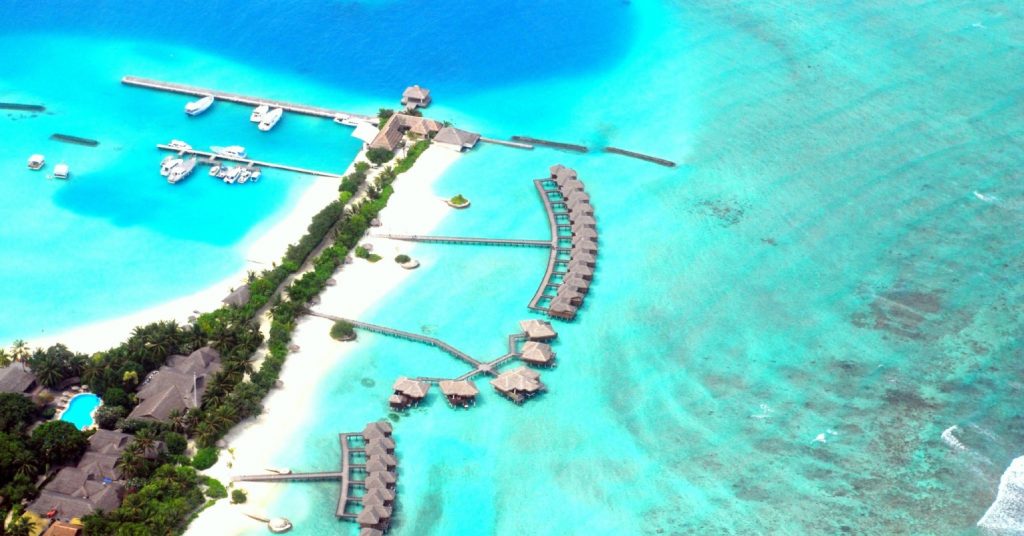Environmental protection laws have been bypassed in Maldives, Human Rights Watch claims

The government of the Maldives has ignored or undermined environmental protection laws in its land reclamation projects, Human Rights Watch has claimed. The NGO has said that there is now a risk of increased flooding and other harms to island communities.
According to Human Rights Watch, reclamation projects have often been rushed and lack sufficient mitigation and monitoring. The NGO has therefore called on the president of the Maldives – Mohamed Muizzu – should ensure that human rights and the protection of the environment are central to development policies.
In a 20 page report – ‘We Still Haven’t Recovered: Local Communities Harmed by Reclamation Projects in the Maldives’ – Human Rights Watch argues that the government of the Maldives has failed to consult local communities ahead of development projects heed environmental impact assessment (EIA) mitigation requirements, and provide resources for ongoing monitoring of development projects in the northern island of Kulhudhuffushi and the southern atoll of Addu.
According to the report, these deficiencies have further harmed residents already at risk from the effects of changing weather patterns and rising sea levels, loss of biodiversity, coastal erosion, and increased flooding.
“While the international community needs to do more to help the Maldives adapt to climate change, the Maldives doesn’t get a free pass to ignore its own environmental laws and international obligations,” Patricia Gossman, associate Asia director at Human Rights Watch, said. She added: “The Maldives government should ensure that land reclamation and other development policies do not violate the livelihood rights and safety of at-risk island communities.”
Although the Maldives has established several laws to prevent such harm, NGOs say there is lax enforcement. Poorly regulated development has stripped islands of natural resources and deprived communities of access to fresh water, public land, and natural resources such as fruit trees. Large-scale reclamation damages the fragile coral reef, which underlies atolls and serves as a natural barrier to limit the impact of storms, floods, tsunamis, and rising sea levels.
Climate change is an immediate existential threat in the Maldives, with 80 percent of the islands less than a meter above sea level and many experiencing acute shoreline erosion, saline intrusion, and other effects of climate change. The Maldives has been a strong voice in international forums on climate-related issues. But the government’s domestic policies belie its call for global action on climate change, as it has undermined or bypassed key mitigation measures in pursuit of tourism and other infrastructure development projects.
The Maldives government has committed to action on climate change and has sought financial support for adaptation. Human Rights Watch has said that countries and institutions providing climate financing should continue to do so but also require the Maldives government to enforce its environmental protection laws, ensure independent oversight by the Environmental Protection Agency, and consult local island communities.
“The new Maldives government has an opportunity to reverse development practices that have posed a growing threat to livelihoods and a safe environment,” Gossman said. They added: “The Muizzu administration should adopt practices that respect people’s rights in affected communities and protect the Maldives from further environmental degradation.”
PS. We hope you enjoyed this article. Bright Green has got big plans for the future to publish many more articles like this. You can help make that happen. Please donate to Bright Green now.
Image credit: Nattu – Creative Commons




Leave a Reply